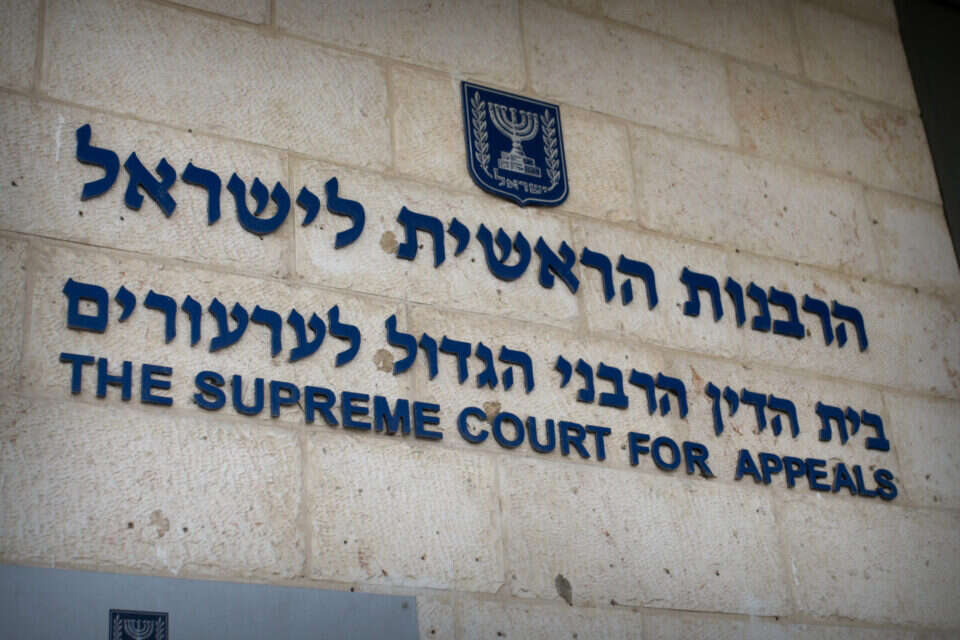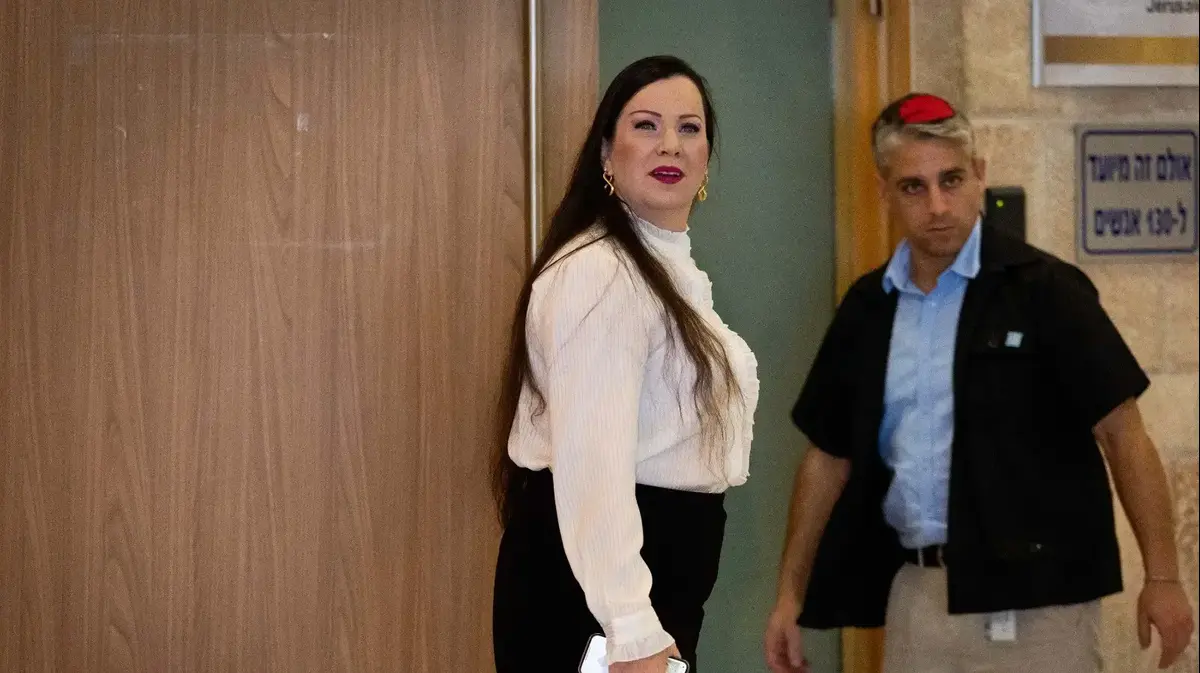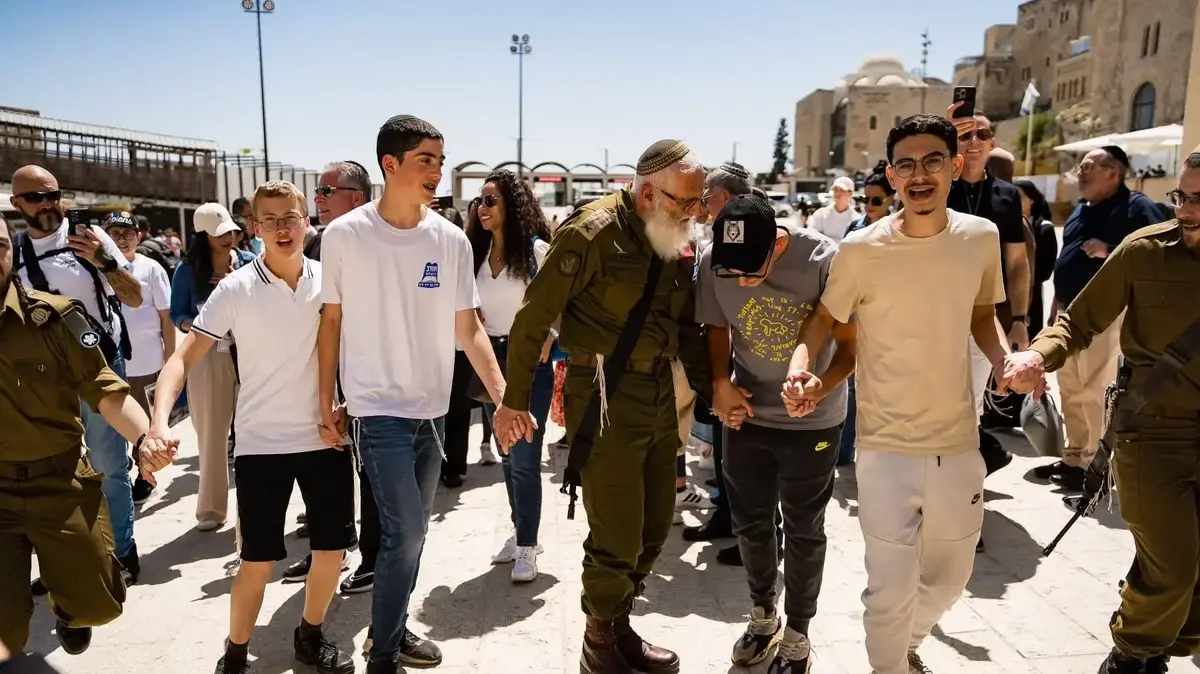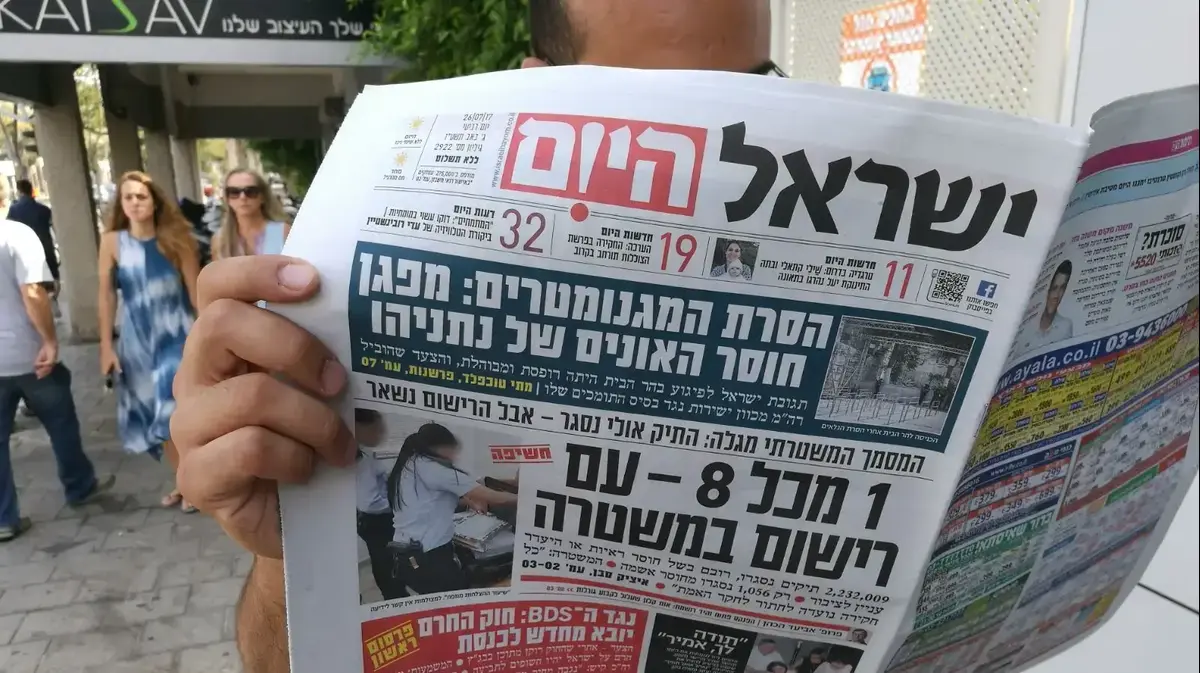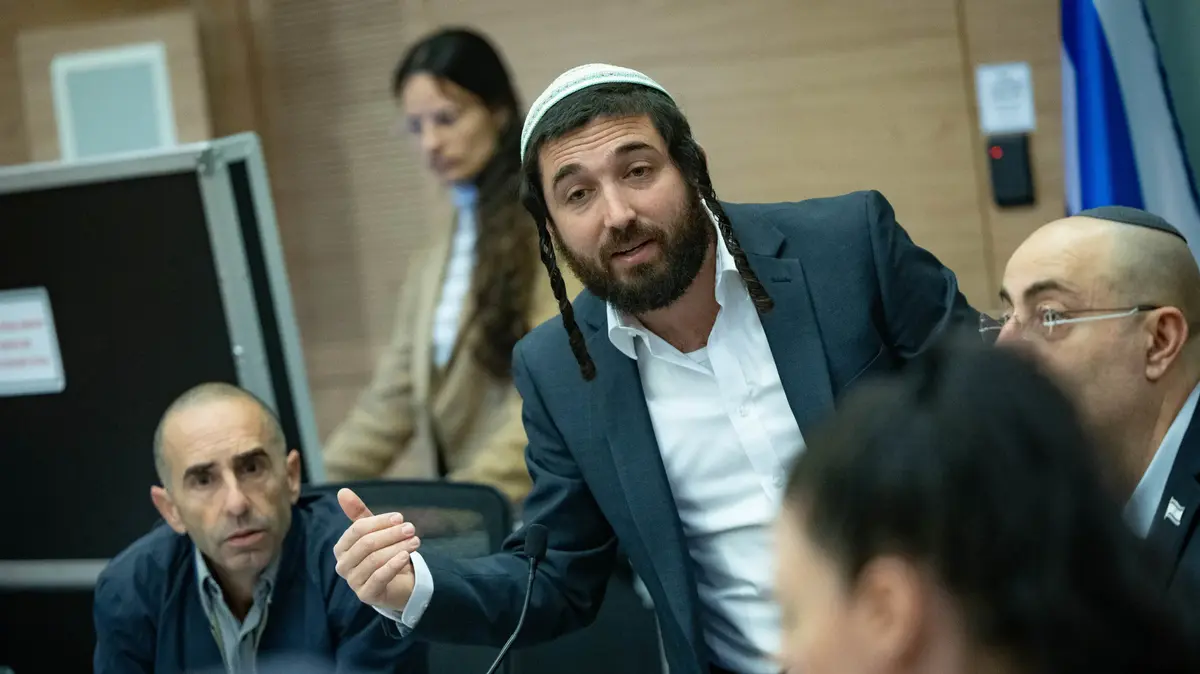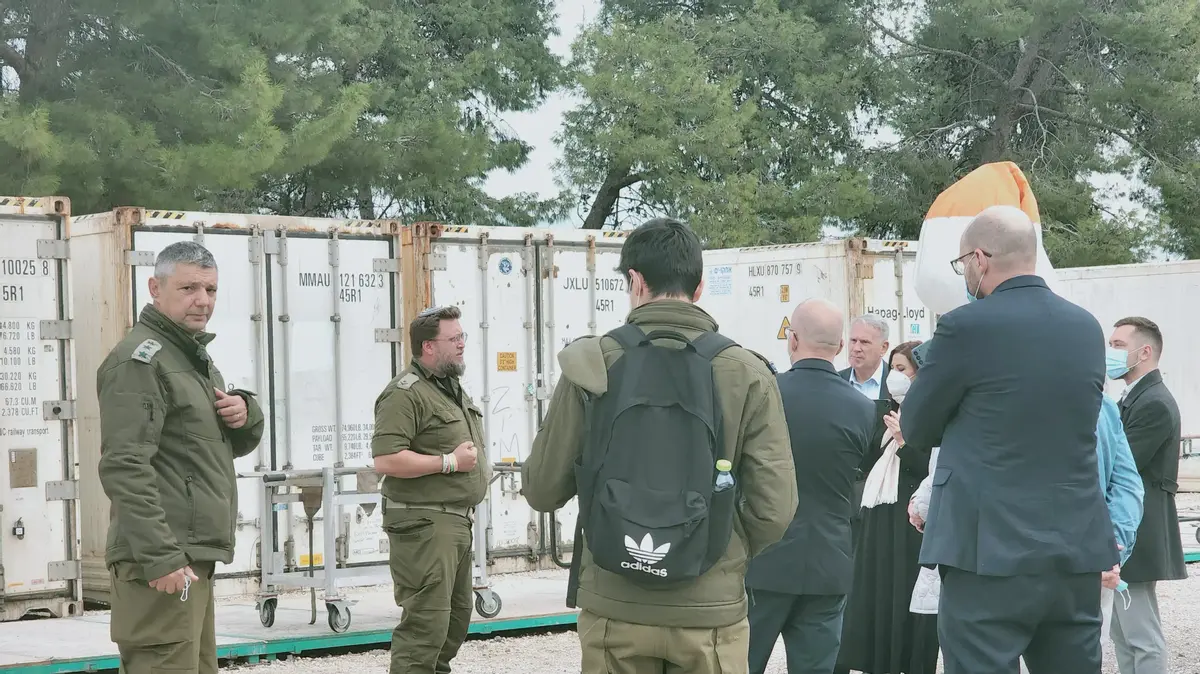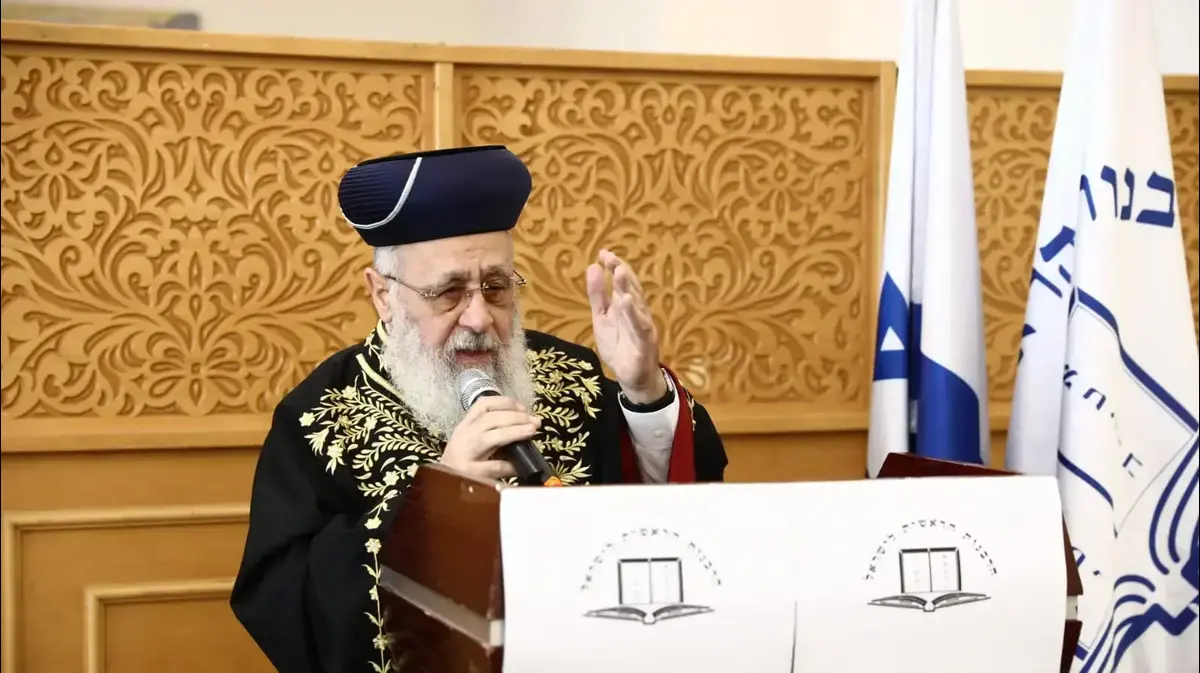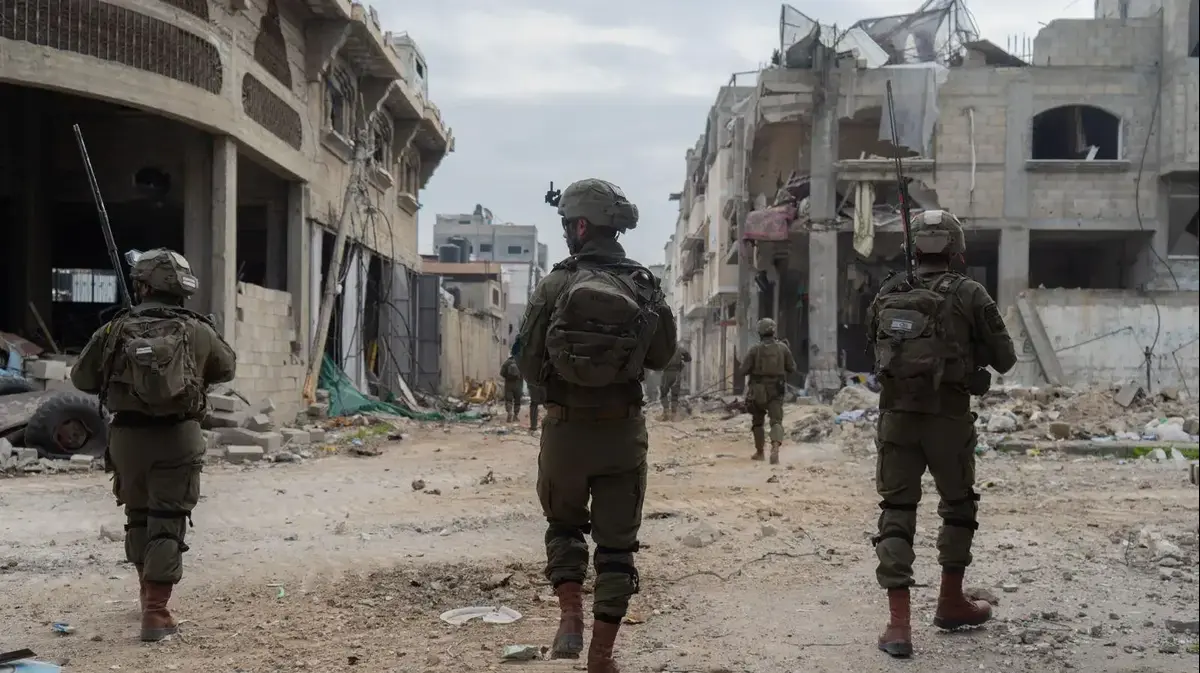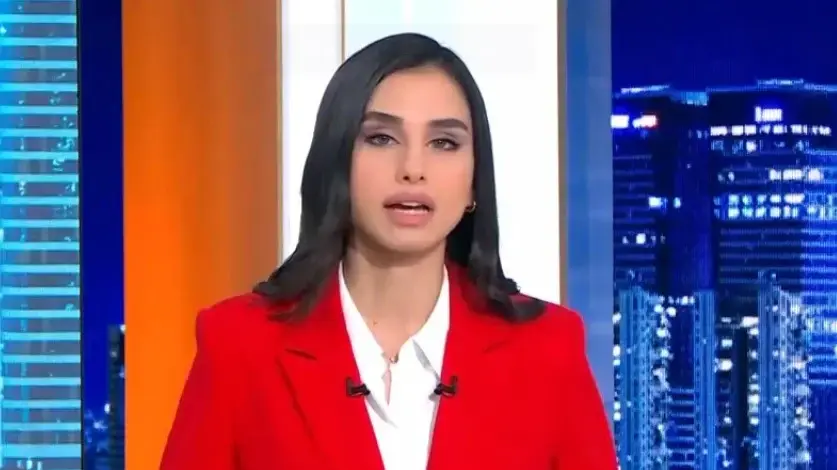Drama in the Chief Rabbinate elections: Minister of Religious Affairs Michael Malkieli decided to extend the terms of the two chief rabbis by six months, thus postponing the elections that were supposed to be held in early August. Israel Hayom has learned that during the week, the Ministry of Religious Affairs held lengthy discussions on how to respond to a petition pending in the High Court of Justice demanding that the elections be postponed because of the municipal elections. In the end, it was decided that the elections would be postponed for nearly a year.
This is a dramatic decision, but not unprecedented, since the terms of the previous chief rabbis were extended in the same way. The postponement of the elections, it should be noted, solves several significant challenges facing public figures and politicians who are working behind the scenes and trying to stop internal conflicts that are currently taking place both within the national religious sector, within Shas and within the ultra-Orthodox sector.
The Chief Rabbinate Building (illustrative), photo: David Vaknin
First, municipal elections do indeed pose a significant problem for elections to the Chief Rabbinate. In many municipalities there is no city rabbi and there is no desire to appoint such a figure precisely during elections. In recent weeks, four city rabbis have been quickly appointed, but these are localities where it was relatively easy for the Minister of Religious Affairs to appoint rabbis due to a sympathetic audience.
On the other hand, in cities such as Tel Aviv and Haifa, where there is no city rabbi, the chances of someone deciding to appoint a rabbi during such a period are zero. In addition, many have argued in recent months that if the elections are indeed held this August, a significant part of the electoral body, which includes municipal representatives, may not even be in positions of influence two months later, which raises grounds for flaw.
The decision was made against the backdrop of a significant conflict within Shas over the identity of the Sephardic Chief Rabbi. On the lines are two rabbis – Rabbi David Yosef, brother of the current Chief Rabbi and a significant figure in the party and in the ultra-Orthodox Sephardic public, and Rabbi Yehuda Deri, the rabbi of Be'er Sheva and brother of Aryeh Deri, both of whom are apparently interested in the position of Sephardic Chief Rabbi. There is a problem in appointing Rav Yosef to the position, because there is a desire to appoint his brother, Rav Yitzchak Yosef, to the position of head of the Shas Council of Torah Sages, and in practice Meran, the successor of his father Rav Ovadia. If the elections are postponed, it will make it possible to appoint Rabbi David Yosef to the position of Rabbi of Jerusalem or another senior position, thus ending the conflict.
On the Ashkenazi side, this also provides an opening for a solution. On Sunday, a committee of leading national religious rabbis is scheduled to convene to decide who will be Religious Zionism's candidate for the post of Ashkenazi Chief Rabbi. But one of the most significant names was not included in the list, because he is over the age of 70 – Rabbi Yaakov Shapira, Rosh Yeshiva of Merkaz HaRav. There is a desire to change the law so that he can run for office, but there this clashes with Shas opposition to Rabbi Shlomo Amar's possible re-election. If the elections are postponed, a bill could be introduced that would allow rabbis to run for office until the age of 75, paving the way for the 72-year-old Rabbi Shapira to the Chief Rabbinate and preventing Rabbi Amar, who would be 76 at the time, from running. In the coming hours, the rabbis of Religious Zionism will decide whether the committee will indeed convene in light of the dramatic changes.
"There is real drama here," says a source in the Ministry of Religious Affairs. "It's reopening the business. There were lengthy discussions this week at the Ministry of Religious Affairs about whether to respond to the High Court of Justice. Minister Malkieli examined the arguments at the legal level in depth and understood that the argument is very significant."
Two days ago, it was reported that a committee of many rabbis from the religious sector is expected to convene this Sunday and decide who will be the religious sector's candidate for the post of Ashkenazi Chief Rabbi. Although their decision is not binding, it can be assumed that the Religious Zionist Party will not fight their decision and promote it. The committee published the names of the candidates – Rabbi Eliezer Igra, Rabbi Micha Halevi, Rabbi Meir Kahane and Rabbi Avraham Nachshon.
Wrong? We'll fix it! If you find a mistake in the article, please share with us

